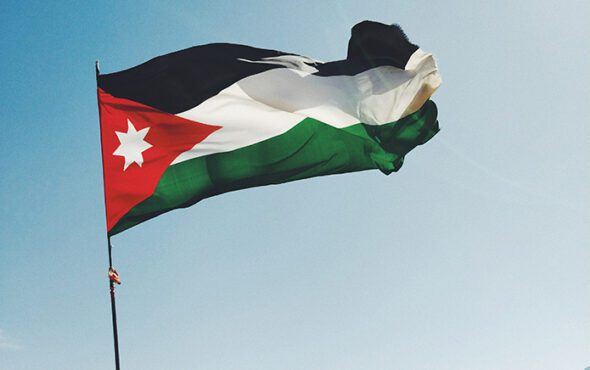
A 25-year-old LGBTQ+ activist who escaped Jordan in 2020 has finally started a new life after two tumultuous years.
Alshaima Omama Alzubi, a non-binary lesbian, landed safely in their new home of Australia on 1 January.
After first fleeing to Turkey in July 2020, they later made it to Lebanon where they spent a week in custody last Christmas.
They were stripped of their passport and made aware of an Interpol Red Notice out for their arrest, though managed to get to Australia thanks to the endless work of NGOs and human rights organisations.
Alzubi, who was previously only known to the media as AOA, told SBS News that they finally feel “supported”.
“Now I feel supported, seen, heard and treated like a human being regardless of my beliefs, gender identity, and sexual orientation,” they explained.
According to Amnesty International, Alzubi’s family is very powerful and has a lot of influence in the Middle East, as well as some of them working for the Jordanian government – something which made it much harder for them to escape.
“I was terrified of getting deported,” they said of their time being detained in Lebanon – something which Jordan’s Foreign Ministry has denied any involvement with.
Now living in Australia, the activist has made LGBTQ+ friends and started therapy.
Alzubi added: “[I want to] move on in my life, continue my education, [and have] a great career and independence.
“Finally I have the chance to be myself without people shaming me and trying to kill me for it.”
They also thanked everyone who helped them get to Australia safely, as well as the country’s government for giving them refuge somewhere that they finally feel accepted and welcome.
Alzubi continued: “To all of the women and the LGBTIQ+ community in the Middle East, there’s always a way to be free. We just need the right people to help us,” Alzubi said.
“Never be ashamed of being yourself, never be sorry for who you are. Don’t let religion or anyone control your being.
“No one on Earth can be you.”
Despite Jordan’s decriminalisation of homosexuality in 1951, LGBTQ+ citizens and advocates continue to face intense discrimination in the region.



